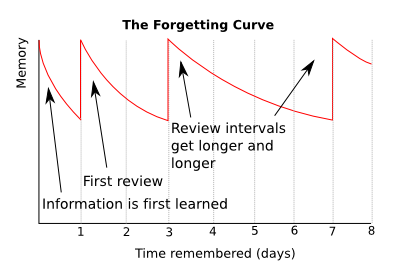Are you asking yourself this question regularly after the class? I don’t mean in a negative way like “gosh, this was terrible, why did I come over… I should have gone for a beer instead” more of a healthy “what are my key takeaways from the session?”. If you never asked yourself, give it a try. Learning a Budo/Bujutsu, like anything else actually, requires active learning. Coming to class, doing a couple of moves for an hour or two, going back home, forgetting all about it and starting all over again the week after has never proven to be a very effective form of learning.
The first step of learning, is learning how to learn. And that requires active thinking, and active presence in the class.
Let’s say you come twice a week, for a total of 3 hours. When do you train? Only when you are doing the techniques? Then you’re training half of the time, even less so if you remove the time when your teacher is demonstrating, or the warm up at the beginning. You should certainly train as Uke as well: understand how the movement goes through your body, how you are unbalanced, or not unbalanced. How you could potentially come back and counter, and what it would take for Tori not to let you do that.
Let’s say now that the class is in an odd number, what do you do? Wander around, thinking of what to eat after class? Again that’s a time you can use for learning. Mitori Geiko is a form of training that consists in watching other people training. But watching doesn’t mean watching passively like you would be watching TV. Be active. Sit in seiza and look at your partners training together. How is Tori moving? Does he have the right timing? Is his body straight and connected? Or did he move his head first to avoid the blow but forgot to move the rest along with it? What about his distance? Is he in control the whole time? If yes, how? If not, why? And when you’re at home, if you don’t have partners training in front of you, nothing stops you from doing the same thing with YouTube videos.
After the class, are you going to forget all about it and wait for the next session? You might. But is that going to help you improve? Maybe not that much. If your time on the mats is limited, you want to spend every single second of your time there training. And your time outside of the mats re-thinking what happened. What did work, what didn’t, how you could have done things differently. Visualisation is a fantastic tool that I could not recommend strongly enough.

Keep in mind also that human memory has incredible possibilities, as well as very strong limitations. Most of what you learnt today is going to be forgotten tomorrow, and almost all of it by next class. How to improve in these conditions if you don’t have a class everyday? You have to review by yourself, at least by thinking of it and visualising your techniques.Maybe try it 5 minutes a day, and see how it goes!